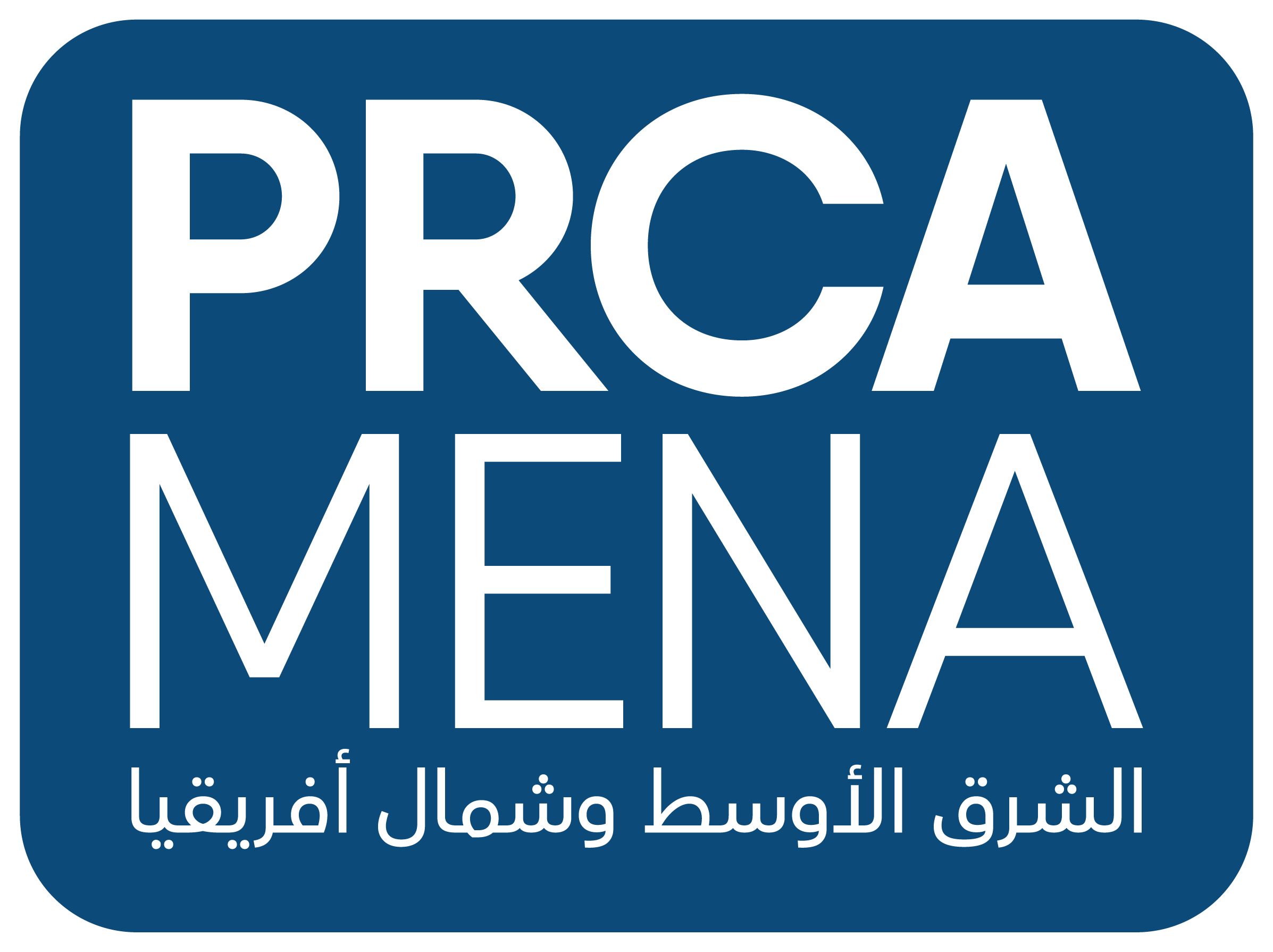Power Essays 2020: The paranoid public relations survivors, by ASDA’A BCW’s Sunil John
In July, with the benefit of insights gained at the helm of our agency after four months of the pandemic, I urged communicators to adopt a healthy paranoia. To tear up and reinvent our playbooks to take account of a series of seismic shifts.
Today, as I survey the emerging landscape, I believe that our paranoia has served us well, compared with other marketing disciplines, as we deftly navigated through economic and social uncertainty. Several firms have been forced to take harsh measures. We have all battened down and drawn in our sails. Many are riding out the storm, bucked by budgets cuts and cancelled projects.
A transformation is sweeping through the economy, reshaping communications and the role of public relations, and revealing the ‘True North’ for the days ahead.
Relevant and continuous communications in a downturn results in disproportionate rewards as the market resumes
The experience of the 2008-11 global financial crisis and oil price slump of the past decade taught us that brands and organisations that stay the course, investing in relevant and meaningful communications during a downturn, are disproportionately rewarded as the markets come back. When consumer spending returns the continuous engagement driven by public relations results in enduring equity, protecting value.
Diversify your offer with the right talent
The agencies that were most impacted in the current crisis were the ones that focused on niche sectors such as tourism and hospitality, which unfortunately were also the most seriously hit. A diversified range of practices focused on multiple sectors is critical. Interestingly, new mandates related to corporate purpose, employee engagement and business continuity and internal culture have gained traction. Most of these truly integrated campaigns need top-of-the-line digital, content and creative skills. PR agencies now are leading the way in growing their ranks with a range of creative and digital talent to meet changing client needs.
Forget the giga budgets from giga projects
For years now, big-ticket campaigns in the region have been driven by massive infrastructure investments, huge mixed-purpose developments, entertainment complexes and massive malls, all of which had a trickle-down effect on the economy. Today, on the back of the oil price slump, with governments facing massive budget deficits (to the tune of $180bn this year and $490bn by 2023 in the GCC region alone, according to Standard & Poor), we face a new economic reality. And that means relooking at agencies’ business and operating models – being nimble and efficient, fast and flexible. There is a need for PR agencies to present their value in a whole different way.
Deliver expert data analytics to drive communications
Every organisation, whether in the public or private sector, is now a data organisation. But data has been siloed into new digital services such as performance marketing, focused on the attention economy driven by the big tech platforms. With the advent of the value economy, now is the time for public relations to leverage the power of big, medium and small data to drive brand reputation and business enhancement. The scale of large agency networks, with their ability to leverage network investments in artificial intelligence and advanced technology, position them as natural partners for smart clients.
Shared and owned, with earned media at the core
Coronavirus has destroyed vast swathes of the economy. Alongside tourism, hospitality and aviation, the traditional media sector is fighting for survival. In an amazingly short time, a handful of media outlets and tech platforms have become the dominant players in the world of editorial. Earned media just became way harder, and way more specialised. Communications is now shaped as much by shared media driven by content and influencer marketing, and owned media driven by web assets. But earned media will always remain at the core of PR campaigns.
The PR agency business is no longer a numbers-game. It is no longer about how big your revenue is or the number of offices and people you have. It is about how relevant you are to meet the revolution in your clients’ needs.
Despite all these headwinds, I am optimistic and hopeful that PR will continue to remain in high demand by clients who need support to keep their brands meaningful and their reputations resilient.
We now live in a world where we work from both our offices and homes; we will seldom fly out for business meetings; we educate our kids differently and shop online for all our needs. In this world where governments and businesses are desperately looking to keep the virus at bay and also stimulate the economy, PR provides real value helping get ready for the rebound. Our work matters the most during these times.




